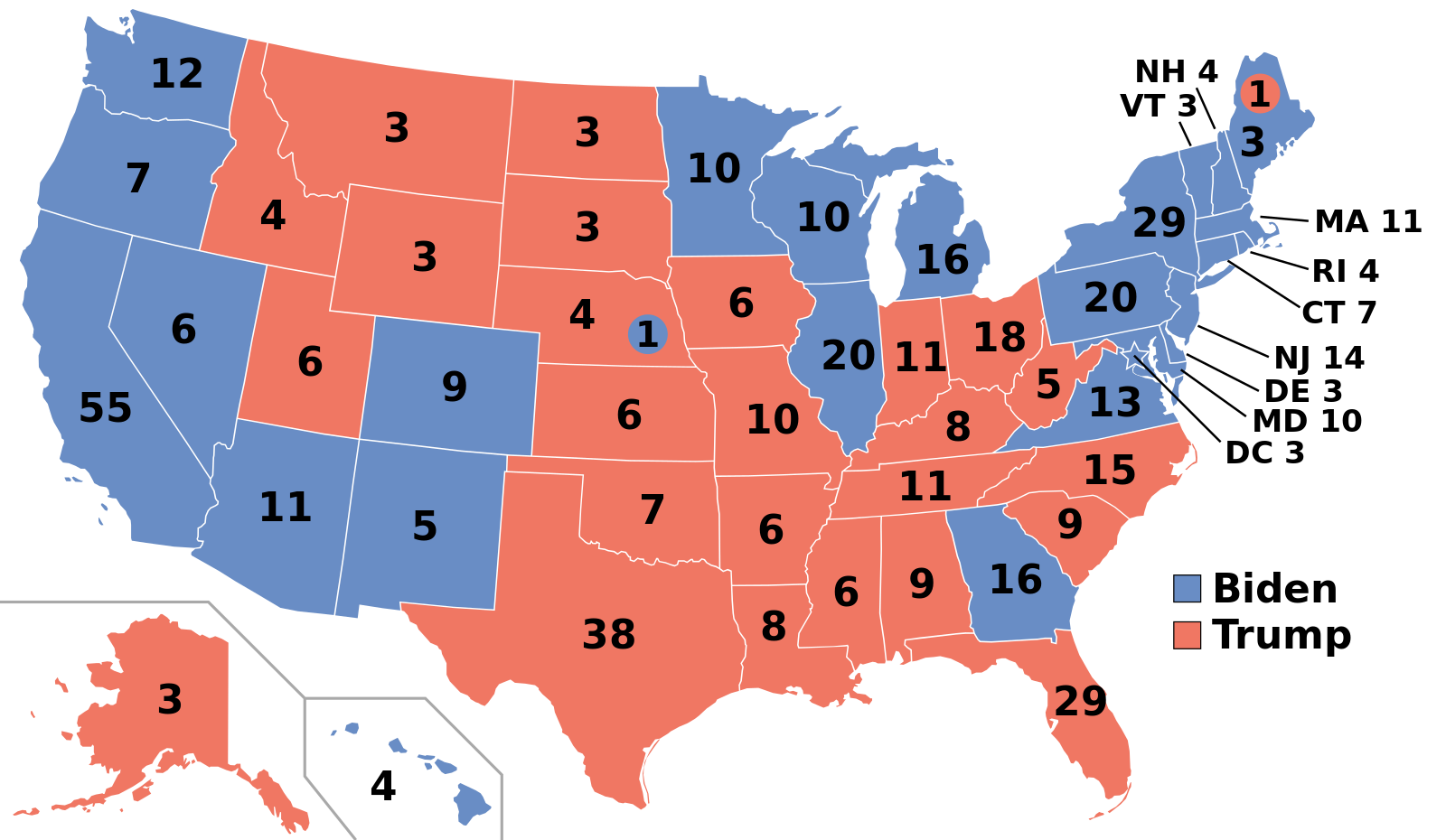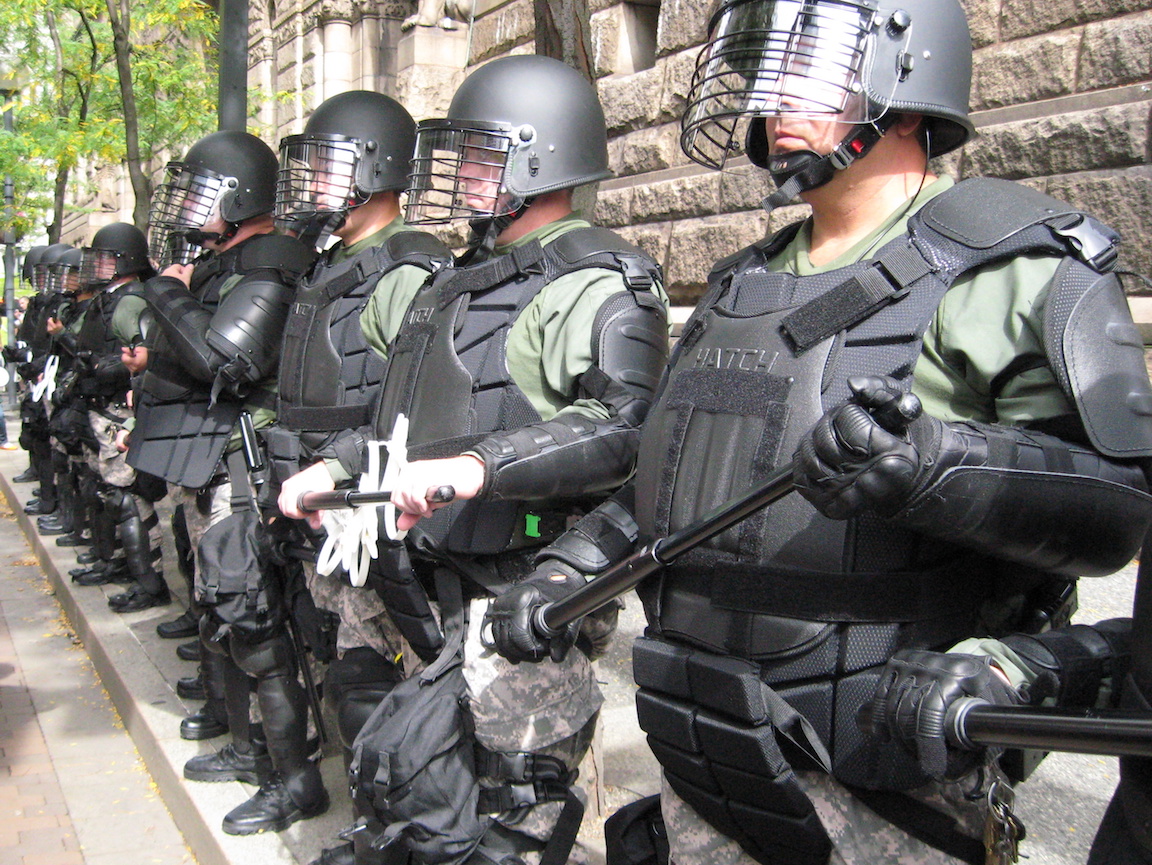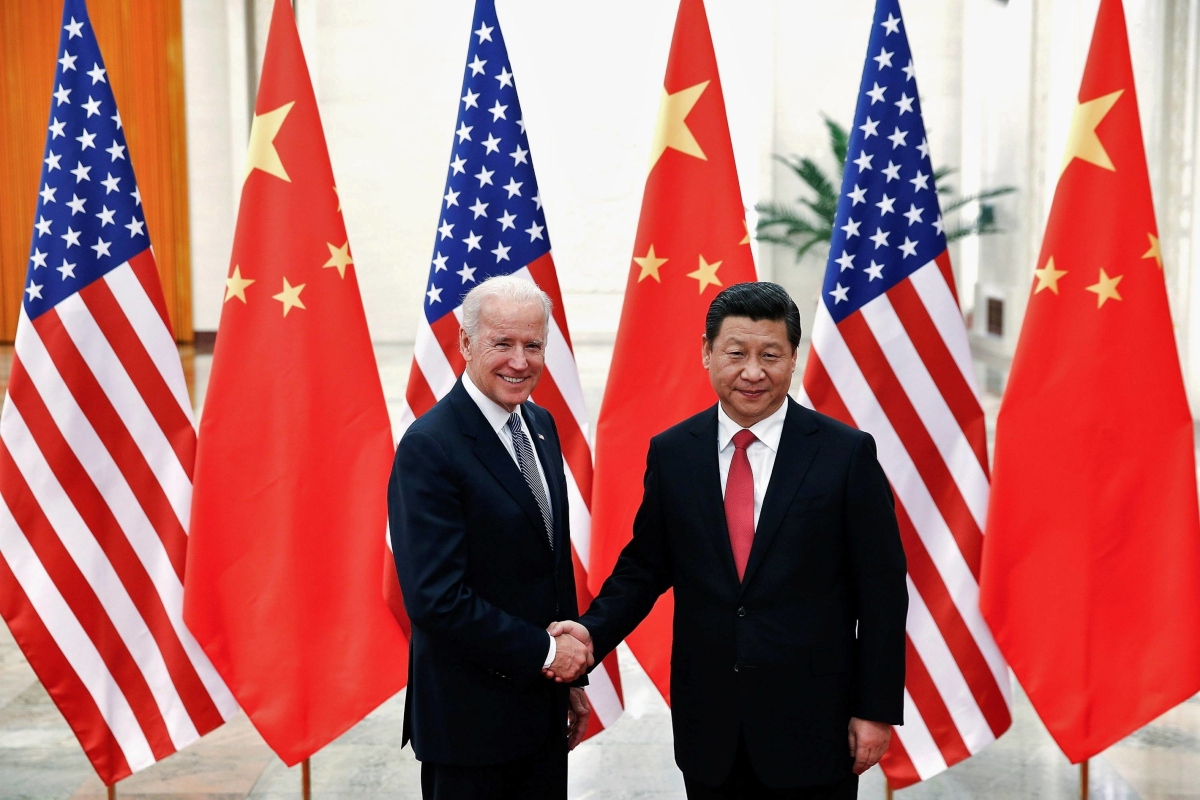Doug Casey on Anarchy in South America
by Joel Bowman, International Man:

It’s Bread & Circus season here in Mexico. That means World Cup football (soccer) and presidential elections … just the things to distract the general population from all that really matters in this life.
(We refer, of course, to things like peace… freedom… civil liberties… al pastor tacos… et cetera… )
Alas, our amigos have not fared well in either arena of late, political nor sporting. Too bad. Given the horrible job this nation’s public relations team has done in the past few years, we thought the Mexicans deserved a bit of a break. And yet…
Over the weekend, voters inflicted upon themselves a populist, hard-left president in the bodily shape of Andrés Manuel López Obrador, or “Amlo” for short. Markets here sold off, but only by a little. Same for the Mexican peso. There’s plenty of ruin in a nation, as the saying goes.
Meanwhile, the local newspapers hailed Amlo’s victory as a “landslide,” which seems an appropriate enough analogy to us. Whether natural or man-made, disasters are a sad fact of life.
The president-elect, who spared the country his victory in both the 2006 and 2012 elections, ran his latest campaign on the promise to tackle what he cannily identified as the “evil of corruption.”
As far as we know, the campaign was not consciously satirical.
It is indeed a topsy-turvy world we live in, dear reader, where the task of cracking down on corruption is laid at the feet of the political class. What next? Drunks spearheading the temperance movement? Police speaking out against excessive use of force? TSA officers giving lectures about personal space?
Politics, as history has been at great pains to point out, is built on a foundation of corruption. The state is violence, both implied and enforced. A politician can no more stamp out corruption than he can make his own job obsolete.
Still, life goes on as usual … except, that is, for the Mexican football team. As the final votes were tallied Monday morning, as the concession speeches were prepared, Brazil drove home a second goal in the 88th minute, thereby ejecting the scrappy Mexicans from this year’s grandest circus event.
“Ay, ay, ay, ay,” as they say down here, “canta y no llores.” (Ay, ay, ay, ay. Sing and don’t cry.)
In today’s feature article, below the brief advertisement, your newly-appointed editor sat down with long time friend and now colleague, Doug Casey, to begin what we hope you will find to be an enjoyable, useful conversation. If you’d like to drop us a line—comments, complaints, grievances real and imagined—the gates of communication are open, here: CONTACT US
Seeking Anarchy in South America
An Interview with Doug Casey and Joel Bowman
Joel Bowman: Before we get started today, I’d like to say thanks for inviting me onto the International Man team. I’ve long been a fan of your thinking, so it’s really a pleasure to be involved in this project with you.
Doug Casey: The feeling is mutual, Joel. I suspect we may be among a small number of genetic mutants that intuitively believe in a maximum of intellectual, social, and economic freedom. Hopefully that describes many of our readers as well.
Joel: Indeed. So the last time you and I shook hands was down in Punta del Este, in Uruguay, about a year ago. I recall having a conversation about where in the world a decent, morally sound individual might pass his days in peace, unfettered and unmolested by the local tin badge brigade of government busybodies.
Since then, I’ve moved from Buenos Aires to Mexico City and you’ve moved – at least part time – from the beach to a ranch a few miles in from the coast of Uruguay. Am I to take it that that’s your answer to the question? Is Uruguay your Shangri-La?
Doug: No. It’s not. In fact, there’s no one country that checks all the boxes. As for Uruguay, it’s a backward little socialist country. When I first went to Uruguay in 1980, I took a ferry across the Plate River from Buenos Aires. Incidentally, it was the first time I’d been to Argentina too. When I was in Argentina, I felt like I was stepping back into the 1950s. Then, when I went across the river to Uruguay, I felt like I was stepping back into the 1930s. And, it’s still in a time warp in many ways—although they’ve finally discarded the old bakelite rotary phones that you had to wait a year to have installed. They still charge gigantic taxes—often 100%—on cars. But most of them are no longer mobile museum pieces.
Uruguay was one of the first socialist countries in the world. It’s completely captured by labor unions, and it’s strangled by taxes—like a 22% VAT—bureaucracy, and regulations. It used to be called the Switzerland of Latin America, but now banking secrecy is totally dead here. The financial business used to be significant. But now it simply no longer exists.
Joel: Sounds like they killed the golden goose…
Doug: Financial freedom has been in decline all over the world for decades. Uruguay was, typically, behind the times that way. But about ten years ago they elected a bunch of ex-student revolutionaries from the 1960’s, and they’re catching up with the socialists in Europe. In fact, they’re killing a lot of their golden geese. Being a financial haven and a tax haven was very good for the country; it brought in lots of badly needed foreign capital. But to show you how degraded the country has become, about five years ago they had a national plebiscite in which the voters decided to introduce an income tax. There was no income tax in Uruguay before then. Why did they do it? Because they were told only the rich people would pay, which gives you an insight into the average Uruguayan’s mentality. Well, we know what’s going to happen from here. It’ll keep creeping up until the state is extorting everyone. That’s how these things go. For instance, when the US got its income tax in 1913, the maximum bracket was 7%, and that only kicked in at the equivalent of about $15 million.
Of course, they only tax you on domestic income, which is one reason why it’s still a desirable place for an expat. But I certainly wouldn’t try to do any business here – it’s practically impossible to run a business in Uruguay, except perhaps in farming. But they’re working on destroying the farming industry, too … just as the government is working on destroying the real estate industry.
Real estate taxes are already quite high and there’s no longer much reason to have an apartment in Punta del Este. It used to be that Argentines, Brazilians, and other Latins would buy property here as a safe way to hide money abroad. But that game has come to an end with the elimination of financial privacy. Property prices are still high, but in a steady decline.
So what’s the attraction about Uruguay? It’s quiet, it’s peaceful. And, perhaps surprisingly, religion is barely an element in the culture. Along with Argentina, it’s the most culturally and demographically European country in the Western Hemisphere. There’s very little crime, and what crime there is tends to be non-violent.
Why do I spend time in Uruguay? Basically because it’s just across the river from Argentina, which is far more sophisticated, interesting and dynamic. As you know, it’s unwise to have all your eggs in any one South American basket. Or any one North American basket, for that matter.
Joel: As for the rest of that South American basket, is there any other place that appeals to you?
Read More @ InternationalMan.com



